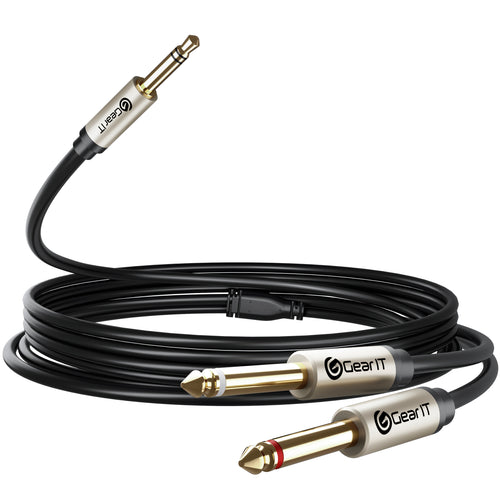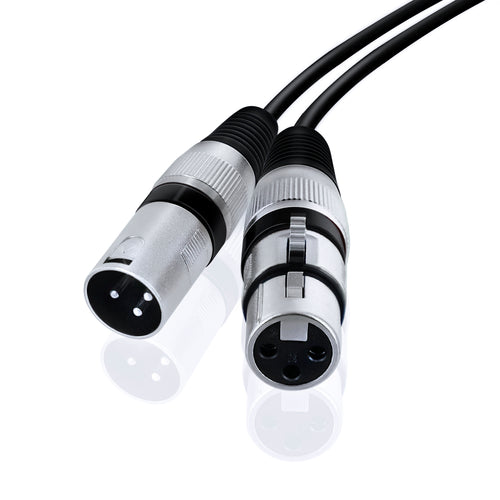
What Are Ground Loops?
Ground loops occur when there is more than one ground connection path between two pieces of equipment. This can result in an unwanted current flow through the ground conductor, which can cause hum, buzz, and interference in audio systems.
Causes of Ground Loops
The primary cause of ground loops is the difference in electrical potential between separate grounding points. This can happen when audio equipment is connected to different power outlets, each with its own ground path. Ground loops often occur in audio and electronic systems where multiple devices are interconnected. Here are a few scenarios:
- 1. Home Audio Systems: When you connect various components like a TV, gaming console, and speakers to different power outlets, they may form a ground loop, resulting in a humming or buzzing sound in the speakers.
- 2. Professional Recording Studios: In studios, ground loops can occur when connecting multiple pieces of audio equipment, such as mixers, amplifiers, and monitors, leading to interference in recordings.
- 3. Guitar Amplifiers: Guitarists often encounter ground loops when they connect their guitar to an amplifier and effects pedals, which can cause a noticeable buzz that affects the quality of the sound.
- 4. Computer and Office Equipment: Offices with computers, printers, and other peripherals connected to different power strips can experience ground loops, causing data corruption or communication errors.
- 5. Medical Equipment: In hospitals, ground loops can affect sensitive medical equipment, leading to inaccurate readings or malfunctions, which is why proper grounding is critical.
- 6. Industrial Settings: Machinery and control systems in industrial environments can suffer from ground loops, potentially leading to equipment damage or operational issues.
Problems Caused by Ground Loops
Ground loops can introduce a low-frequency hum (typically at 50 or 60 Hz) into the audio signal. They can also cause interference from other electronic devices and can even lead to equipment damage if the current is strong enough.
Solutions to Ground Loops
- 1. Use a Single Ground Point: Connect all audio equipment to the same power strip or conditioner to ensure a single ground path.
- 2. Isolation Transformers: These can break the ground loop by electrically isolating the audio signal path from the ground path.
- 3. Balanced Cables: Balanced audio cables (XLR or TRS) can help reject induced noise that can be picked up by ground loops.
- 4. Ground Lift Switches: Some equipment comes with a ground lift switch that disconnects the ground pin, breaking the loop.
-
5. Hum: Devices specifically designed to filter out the noise caused by ground loops.
- ● Cable Management: Keep power cables and audio cables separated to reduce the chance of interference.
- ● Proper Equipment Setup: Ensure that all equipment is properly grounded and that there are no loose connections.
- ● Regular Maintenance: Check your setup regularly for any changes that might introduce ground loops.
Ground loops can be a nuisance in any audio setup, but with the right knowledge and tools, they can be identified and resolved. By understanding the causes and implementing the solutions outlined above, you can ensure clear, high-quality audio in your system.





















































